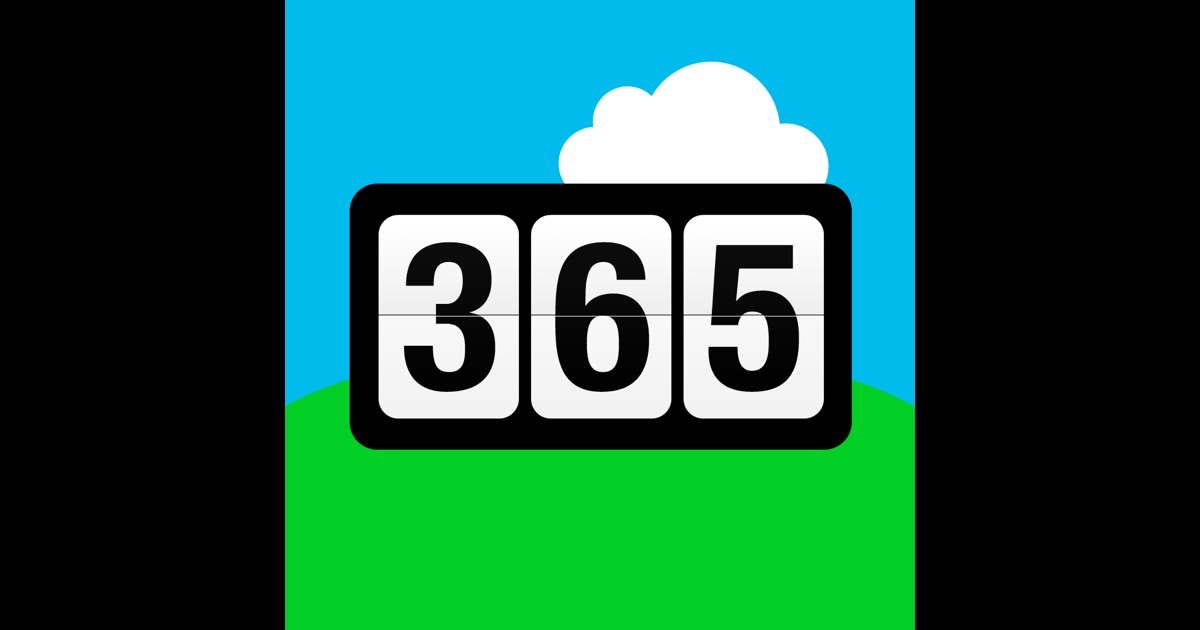

It is possible to retire at 55 to 250K in the UK. Read also : How retirement is calculated. What is the 4% rule? It says you can comfortably withdraw 4% of your savings in your first year of retirement and adjust that amount for inflation for each subsequent year without running out of money for at least 30 years.
BIG DAY COUNTDOWN APP HELP FULL
If you delay getting retirement benefits until after your full retirement age, your monthly benefit will continue to increase. If you start getting benefits at age 67 you will get 100 per cent of your monthly benefit. 62, you will receive 79.8 percent of the monthly benefit because you will be receiving benefits for an additional 58 months. Age 60 is the earliest age a widow or widower can start receiving age-based Social Security survivors benefits. total (in this case, 66 years and 10 months), or $ 2,237 at 70.Ĭan I retire at 62 if I was born in 1961 ?. For example, an AARP calculator estimates that a person born on January 1, 1959, with an average annual income of $ 50,000, would receive a monthly benefit of $ 1,264 if they file for Social Security at 62, $ 1,785 at retirement age.

… Medicare qualifying age is not correlated when you retire and if you retire early you will be eligible for Medicare. According to the Social Security Administration, you may start getting retirement benefits as early as age 62.

Ĭan you get Medicaid if you retire at 62 ?.

You will not receive Medicare until you reach Social Security at age 62 65. You will automatically receive Medicare benefits, if you receive Social Security Retirement benefits at age 65. If you are born from 1960 and later, you will reach full retirement age at 67. Early retirement benefits will continue to be available at age 62, but will be further reduced. This may interest you : How are retirement benefits calculated. What is my retirement age if I was born in 1961? image credit © Ĭurrently, the total benefit age is 66 years and 2 months for people born in 1955, and will gradually rise to 67 for those born in 1960 or later.


 0 kommentar(er)
0 kommentar(er)
